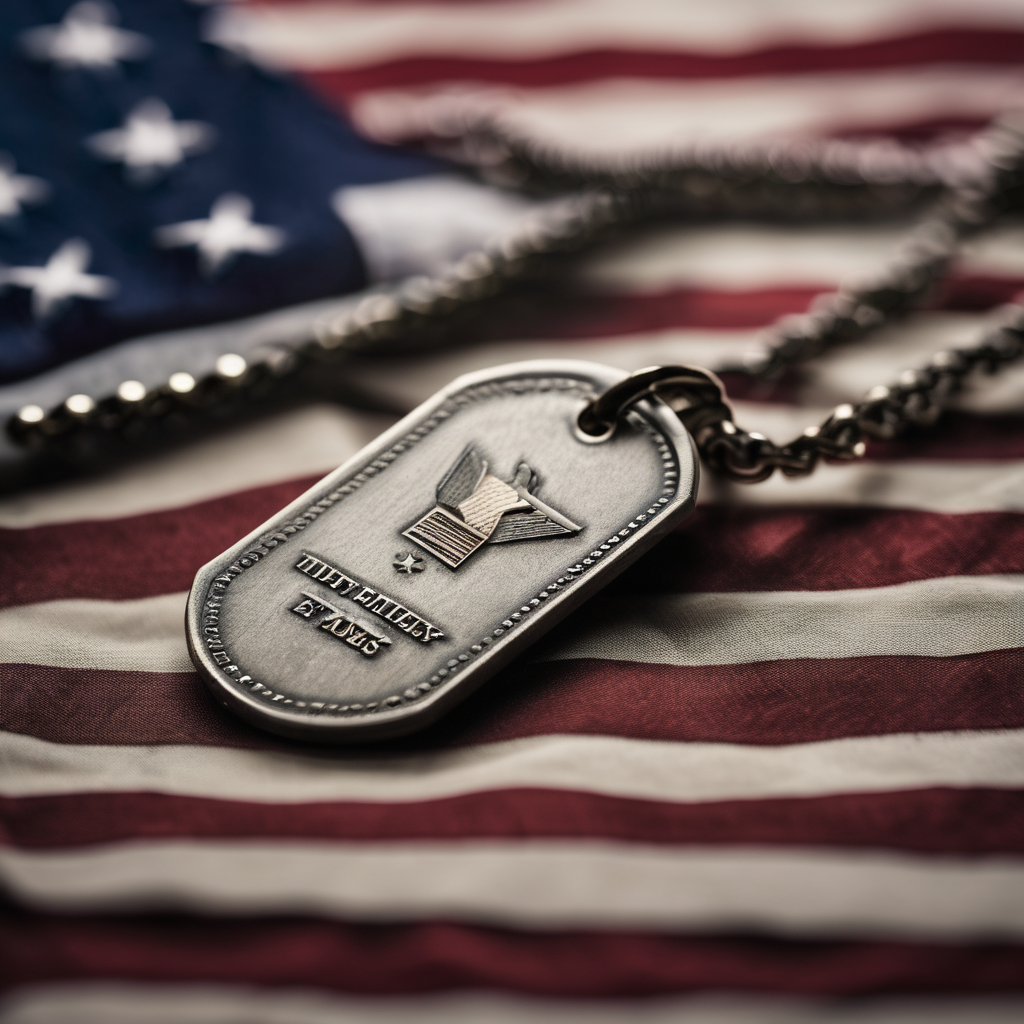The Trump administration’s controversial military actions in the Caribbean are under scrutiny as six Democratic lawmakers publicly urged military personnel to refuse illegal orders. In a video released on November 18, 2025, these Congress members, who have military or intelligence backgrounds, advised troops, “You can refuse illegal orders” and “You must refuse illegal orders.” This statement arose amidst allegations that the administration was conducting unlawful strikes against vessels suspected of drug smuggling.
President Trump responded angrily, labeling the legislators’ remarks as “seditious behavior, punishable by death.” The tension highlights an ongoing ethical dilemma for service members facing orders they believe to be illegal. Senator Elissa Slotkin shared that troops have expressed concerns about their legal liability regarding such actions, reflecting a broader sentiment of uncertainty within the ranks.
Historically, this is not the first instance where Trump’s orders have raised legality concerns. His administration has previously deployed military forces in domestic situations that many argue contravene legal and ethical standards, including actions taken in major cities to manage protests and immigration enforcement. Observers note that positions taken by Trump risk placing military members in compromising situations, where they may have to choose between following orders and adhering to the law.
Research conducted by the University of Massachusetts Amherst’s Human Security Lab shows that many service members are aware of their duty to disobey unlawful orders. According to the survey of 818 active-duty troops, only 9% of respondents stated they would obey any order without question. Furthermore, a portion identified various illegal orders they would resist, with a significant emphasis placed on the harming of civilians and the use of torture.
While service members are trained to obey commands, they also pledge to uphold the Constitution and international law, raising concern over potential moral injury stemming from unlawful actions. Some troops have expressed a growing distrust in U.S. law as a reliable measure of legality, suggesting that international law holds more weight in their decision-making process.
The survey results indicate a nuanced understanding among military personnel regarding their obligations, revealing that troops may be more inclined to disobey when reminded of legal principles. In fact, awareness of international laws increased the likelihood of troops refusing orders that violated those standards.
Despite the challenges of disobedience, a notable portion of service members indicated a willingness to confront orders they deemed illegal, with some suggesting indirect strategies to navigate such orders. This suggests a broader shift in military consciousness regarding legal responsibility and ethical obligation, as many contemplate how to uphold their commitment to the law while navigating pressures within the military hierarchy.
The ongoing discourse surrounding these issues is critical as it underscores the importance of clear guidance on lawful orders and the imperative for service members to feel empowered to refuse unlawful commands without fear of repercussion. The situation reflects a growing concern about military ethics in a politically charged environment, and the responsibility of military leaders to ensure the integrity of their service while adhering to both domestic and international laws.
